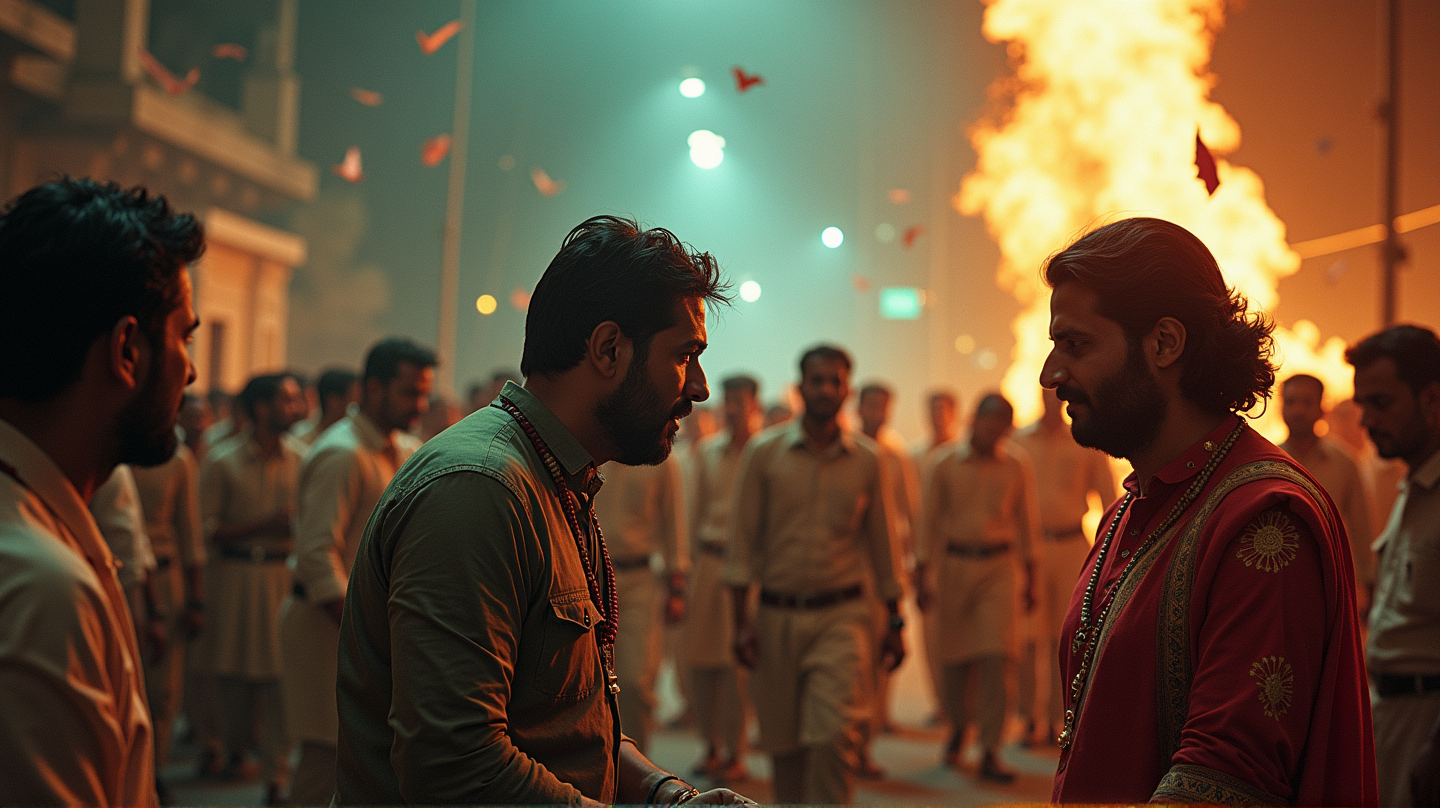RSS Calls 'Empuraan' Anti-Bharat: A Cinematic Tug-of-War

In a fiery critique, the RSS mouthpiece Organiser has launched a salvo at ‘Empuraan’, accusing it of being a cinematic weapon against Bharat and Hindu values. The film, directed by Prithviraj Sukumaran, has been labeled “anti-Bharat and anti-Hindu” due to its narrative choices that, according to Organiser, undermine the nation’s cherished institutions.
Subversive Cinema or Creative Expression?
Prithviraj Sukumaran, known for pushing boundaries through his directorial ventures, has been singled out as a “purveyor of subversion” by Organiser. The comments focus on how ‘Empuraan’ challenges the roles of India’s investigative agencies, law enforcement, and judiciary, painting a picture of distrust against these democratic pillars.
According to The New Indian Express, the trend in his films, including ‘Lucifer’, hints at more extensive unseen foreign puppet masters controlling India’s political landscape, stirring an already heated debate.
Cutting Controversy: When Cinema and Politics Collide
Scenes depicting the Gujarat riots and allegations of whitewashing Islamic terrorism have intensified the backlash, leading to the decision to implement 17 cuts within the film. However, the argument is bigger than just a few contentious scenes. The criticism from RSS spans the overarching ideology that Organiser perceives in the film - an ideology thought to foster division rather than unity.
Freedom of Expression: A Real or Theoretical Freedom?
While India upholds freedom of expression, the debate surrounding ‘Empuraan’ highlights the inherent contradiction when that expression appears to challenge national integrity. The Organiser maintains that citizens have the right to object when art crosses this critical line, and the public’s response to ‘Empuraan’ may very well decide this balancing act between creativity and patriotism.
An Ongoing Dialogue
As the conversation continues, Mohanlal, a key figure in the film, has issued an apology for any distress caused and has assured the removal of controversial portions. This apology itself raises the question of whether art must always comply with societal dictates or whether it should challenge them to instigate thought and discussion.
As observed in the recent articles by the Organiser, this clash between a film’s creative freedom and perceived national values is part of a broader ideological battle within Kerala’s film industry, hinting at a future where cinema continues to play a pivotal role in India’s cultural discourse.




